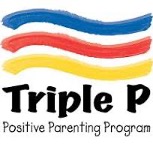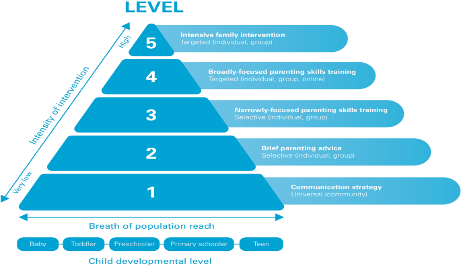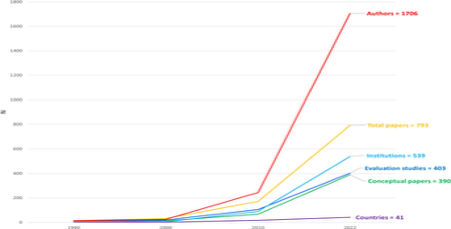By: AIF Staff
Started in 2014, Saga Education is a high-dosage math tutoring program for students in grade 9 delivered by a combination of in-person tutors and technology-enabled support systems. Saga Education uses high-impact, in-person and online tutoring to transform public education outcomes for diverse student populations.
Saga Education focuses on math for a specific reason, because Algebra 1 is a pivotal gateway subject to high school graduation and long-term economic mobility.

According to the American Institutes for Research, 85% of students who pass Algebra 1 in 9th grade graduate within four years, compared to only 21% of those who never pass. The ability to pass Algebra 1 is an acute problem for Hispanic, African American, and lower-income students.
Saga Education directly addresses this issue by delivering in-school-day tutoring that leverages the power of human capital and modern technology to support students facing external challenges, like income disparities and racial barriers.
Saga Education works with school districts around the country to implement their tutoring curriculum into the regular school schedule. Saga Education tutors work in small groups, 1 tutor to 2-3 students, and they hold sessions 3 times per week for 30-50 minutes per day. The tutoring received is a dedicated, credit-bearing course embedded with students’ daily class schedules and delivered in addition to their core math classes. The Saga Education teachers, most of whom are recent college graduates being provided an annual stipend, stay with students throughout their educational journey and combine academic instruction, mentoring, and strong school-to-home relationships.
This evidence-based curriculum and model has been the subject of multiple Randomized Controlled Trials (RCTs) and is currently being deployed in several Chicago-area schools.
As part of their Chicago High-Impact Tutoring Program, Saga Education delivers its academic support program to students entering Algebra 1 at 16 different Chicago Public High Schools. Each Chicago Public High School selects a modality and a program model (in-person, live-online, or a hybrid) and then, a cohort of 53 tutors, who are trained in a specific 2-week program, provide consistent, structured support to small groups of students throughout the academic year.
Saga Education has already completed two rigorous, large-scale Randomized Controlled Trials (RCTs) evaluating the impact of its math tutoring model for low-income 9th and 10th grade students in Chicago. Among the outcomes, researchers found:
– Improved math achievement at the end of the tutoring year.
– Persistent effects one to two years later.
– Improved academic performance: Tutored students saw an average increase of 0.25 points in math GPA in 11th grade.
A similar Saga Education program in New Mexico produced equally promising findings following a RCT in 2024.
According to Saga Education, when looking more holistically at their impact, the effect of the tutoring program was:
– Students learned up to 2.5 years’ worth of math in one academic year.
– Math course failures were reduced by as much as 63% and course failures in non-tutored subjects were reduced by as much as 26%.
– Student attendance improves by as much as 18 days per academic year.
Each of the RCTs found “that the program produced sizable, statistically significant effects on student math scores on the district tests at the end of the tutoring year.” They also found that the positive effect of the program persists over time.
As University of Chicago researchers summarized when analyzing Saga Education’s approach:
“It is possible to substantially improve academic skills by accounting for the challenges of individualizing instruction—among other things— and that these strategies can be effective even when implemented in traditional public high schools to broad, representative samples of students. These strategies seem to work even with secondary school students, yielding benefit-cost ratios comparable to promising early childhood programs. Evidently adolescence is not too late to realize large social benefits from human capital investment.”
Without question, Saga Education has produced promising initial results in helping students cross a critical educational threshold and pass Algebra 1.
The American Idea Foundation is proud to partner with the organization as they continue scaling and evaluating their high-impact tutoring program in the Chicagoland area. Our hope is by utilizing Saga Education’s methods and their trained tutors, more younger Americans will develop the math skills to propel them forward in life.
To learn more about the American Idea Foundation’s 2025 grant recipients, click here.



